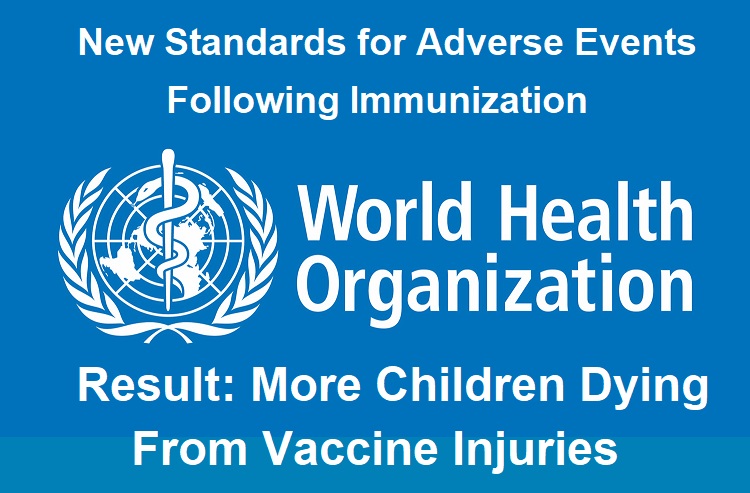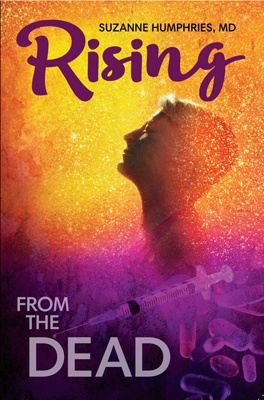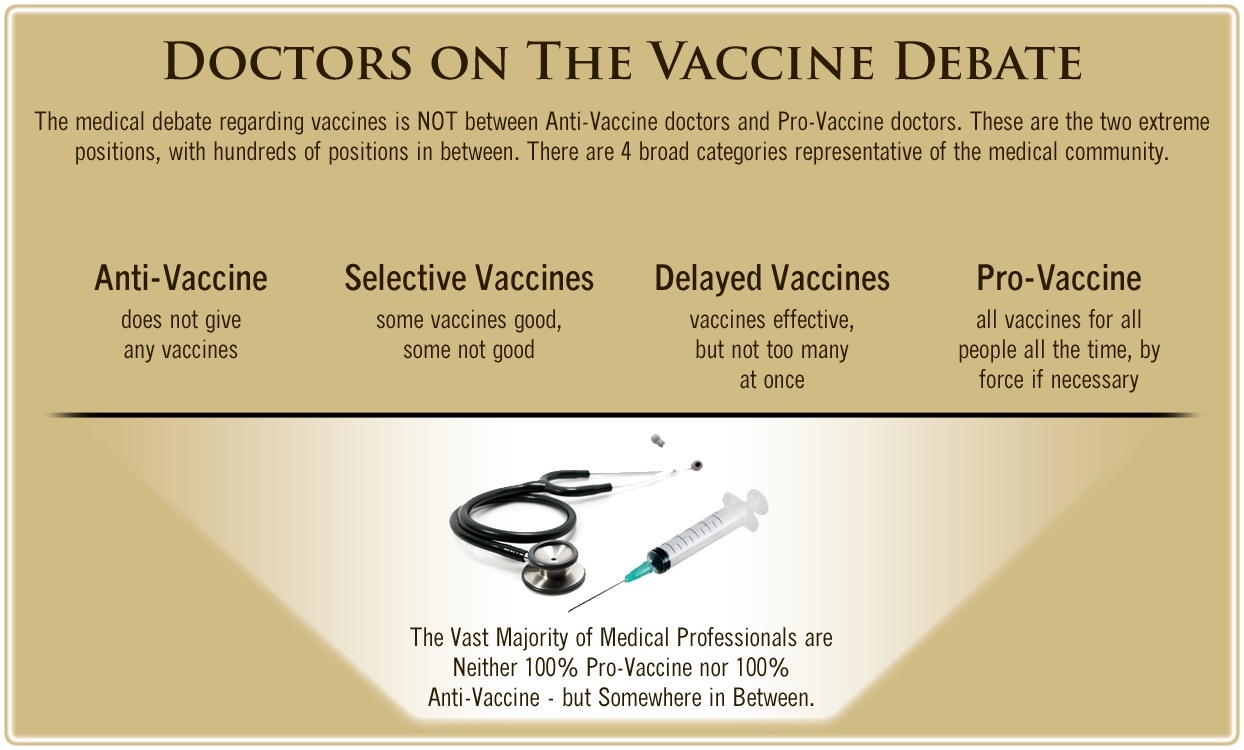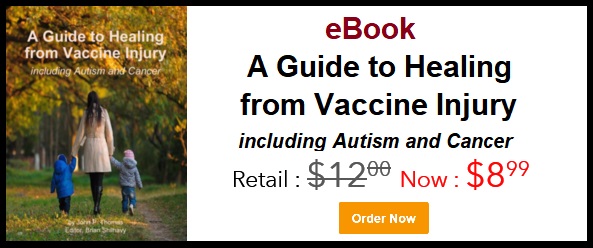
Comments by Brian Shilhavy
Editor, Health Impact News
Two leading pediatricians in India have published a critique of the World Health Organization’s (WHO) newly revised manual on the classification of Adverse Events Following Immunization.
The doctors claim that the new guidelines are too lax, resulting in more children dying from adverse reactions to vaccines, with no accountability for the vaccine manufacturers to produce safer vaccines.
In the U.S., pharmaceutical companies manufacturing vaccines cannot be sued due to faulty vaccines, which allows them to put as many vaccines into the market as they want, with no repercussions if the vaccine proves to be faulty or have a high injury and death rate. Victims must sue the U.S. government and top DOJ attorneys who protect the drug companies. (See quarterly reports from the DOJ on vaccine injuries and deaths here.)
This move by the WHO may very well be an attempt to protect drug companies manufacturing vaccines by preventing lawsuits in the rest of the world for faulty vaccines.
New Guidelines from WHO Put Children’s Life At Risk: Paediatricians
Two leading paediatricians in India have urged the World Health Organization (WHO) to urgently revise its manual on classification of Adverse Events Following Immunization (AEFI), warning that the new guidelines put children’s life at risk.
This needs to be done “urgently in the interest of child safety,” Doctors Jacob Puliyel at St Stephen’s Hospital in Delhi, and Pathik Naik of Children Hospital in Surat, say in a report published in the prestigious journal ‘F1000Research‘
Under WHO’s revised manual on AEFI, only those adverse reactions observed during clinical trials of a vaccine, should be classified as vaccine related. All new serious adverse reactions, including deaths seen during post-marketing of the vaccine should be considered as ‘coincidental’ or ‘unclassifiable’, and the vaccine should not be blamed.
The WHO has also changed the definition of “causal association,” the doctors say. Under the revised guidelines, if there is an alternate explanation for the adverse event, or another factor is involved, causative association with vaccine should not be made.
“In other words, if after vaccination, a child with an underlying congenital heart disease develops cardiac failure, it would not be considered causally related to the vaccine.”
The revised classification by WHO “is a major step backward for patient safety,” the authors say, adding, “This could embolden vaccine manufacturers to be more reckless with regard to adverse reactions.”
Puliyel and Naik note that the Global Advisory Committee on Vaccine Safety has documented many deaths in children with pre-existing heart disease after they were administered the pentavalent vaccine (combined diphtheria, tetanus, pertussis, Hib, and hepatitis-B vaccine).
“Under WHO’s new definition of causal association, these deaths would not be acknowledged as related to vaccination.”
Both Sri Lanka and Vietnam governments withdrew the pentavalent vaccine, following the deaths of five children in Sri Lanka and 12 in Vietnam, soon after vaccination. But WHO investigating teams declared that the deaths were ‘unlikely’ to be related to vaccination, the report says.
The authors point out that a new study in India, showed that the switch from DPT (diphtheria, tetanus, pertussis) to pentavalent vaccine almost doubled the deaths following vaccination.
“A large number of these deaths could have been avoided had the AEFI manual not been revised.”
According to their report, the consequence of India adopting WHO’s new classification can be seen from the causality assessment of 132 serious AEFI cases uploaded on the website of the Ministry of Health and Family Welfare. Of the total AEFI cases, 54 babies died and 78 survived,
“but not even one death was classified as vaccine-related. Nearly all the deaths were simply classified as unclassifiable or coincidental.”
Vaccines are drugs used as a preventive measure, given to healthy persons. Adverse events following immunization must be monitored more carefully than other drugs, the authors note.
“A credible immunization safety evaluation and monitoring system is essential for the success of immunization programmes.”
Adverse reaction and deaths may not show up as significantly increased in small safety studies. However, records of all deaths and serious adverse events following vaccinations should be maintained and periodically reviewed for safety signals.
According to the authors, WHO’s new AEFI classification scheme “that allows for an outright denial of any new causative association with vaccination” could fall foul of Article 2 of the European Convention on Human Rights. Adverse reaction and deaths may not show up as significantly increased in small safety studies. However, records of all deaths and serious adverse events following vaccinations should be maintained and periodically reviewed for safety signals.
“Paradoxically, the AEFI algorithm is said to be for vaccine safety,” says Puliyel. “Perhaps we need a scheme for public safety rather than vaccine safety.”
Leaving a lucrative career as a nephrologist (kidney doctor), Dr. Suzanne Humphries is now free to actually help cure people.
In this autobiography she explains why good doctors are constrained within the current corrupt medical system from practicing real, ethical medicine.
One of the sane voices when it comes to examining the science behind modern-day vaccines, no pro-vaccine extremist doctors have ever dared to debate her in public.
Medical Doctors Opposed to Forced Vaccinations – Should Their Views be Silenced?
One of the biggest myths being propagated in the compliant mainstream media today is that doctors are either pro-vaccine or anti-vaccine, and that the anti-vaccine doctors are all “quacks.”
However, nothing could be further from the truth in the vaccine debate. Doctors are not unified at all on their positions regarding “the science” of vaccines, nor are they unified in the position of removing informed consent to a medical procedure like vaccines.
The two most extreme positions are those doctors who are 100% against vaccines and do not administer them at all, and those doctors that believe that ALL vaccines are safe and effective for ALL people, ALL the time, by force if necessary.
Very few doctors fall into either of these two extremist positions, and yet it is the extreme pro-vaccine position that is presented by the U.S. Government and mainstream media as being the dominant position of the medical field.
In between these two extreme views, however, is where the vast majority of doctors practicing today would probably categorize their position. Many doctors who consider themselves “pro-vaccine,” for example, do not believe that every single vaccine is appropriate for every single individual.
Many doctors recommend a “delayed” vaccine schedule for some patients, and not always the recommended one-size-fits-all CDC childhood schedule. Other doctors choose to recommend vaccines based on the actual science and merit of each vaccine, recommending some, while determining that others are not worth the risk for children, such as the suspect seasonal flu shot.
These doctors who do not hold extreme positions would be opposed to government-mandated vaccinations and the removal of all parental exemptions.
In this article, I am going to summarize the many doctors today who do not take the most extremist pro-vaccine position, which is probably not held by very many doctors at all, in spite of what the pharmaceutical industry, the federal government, and the mainstream media would like the public to believe.







One Comment